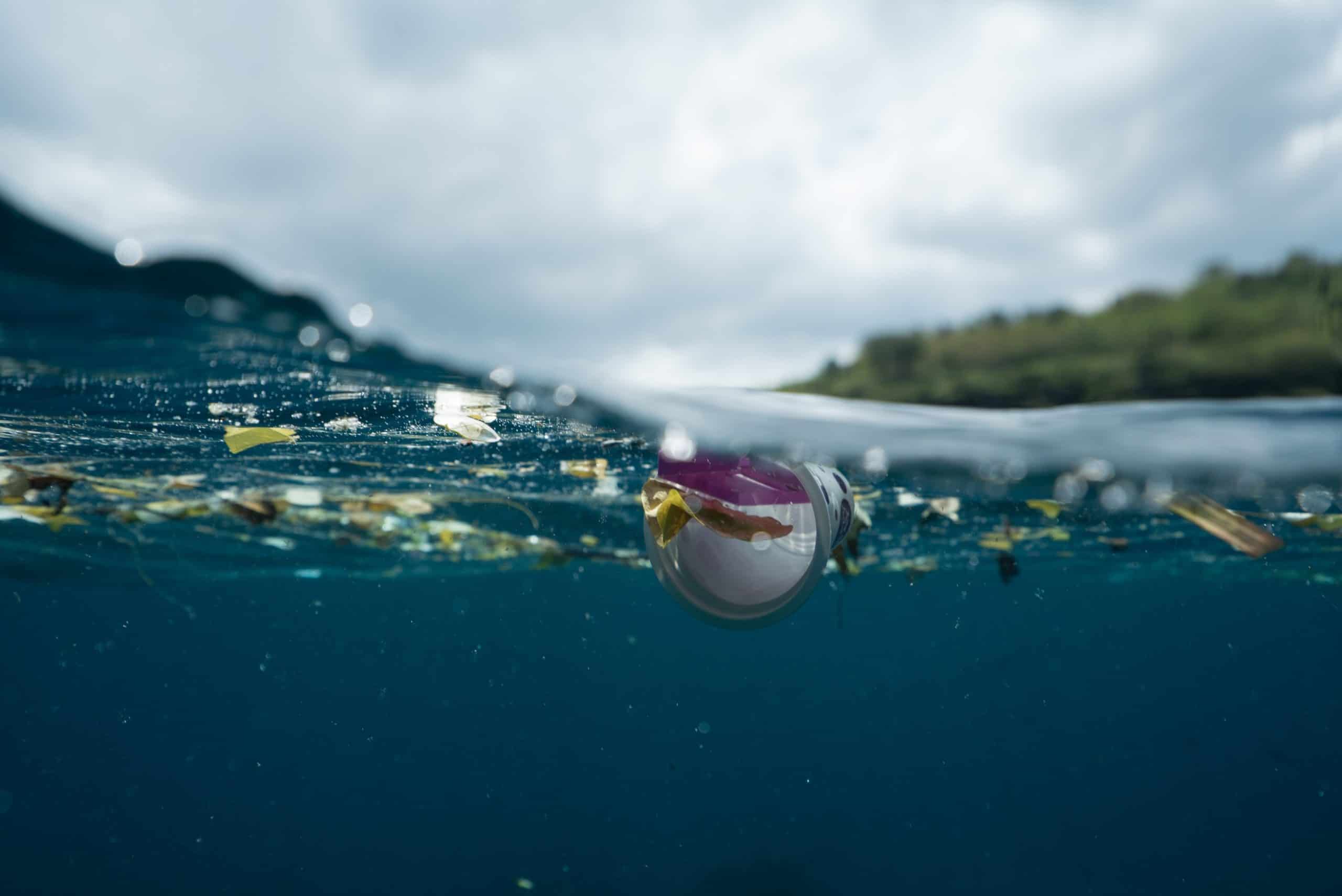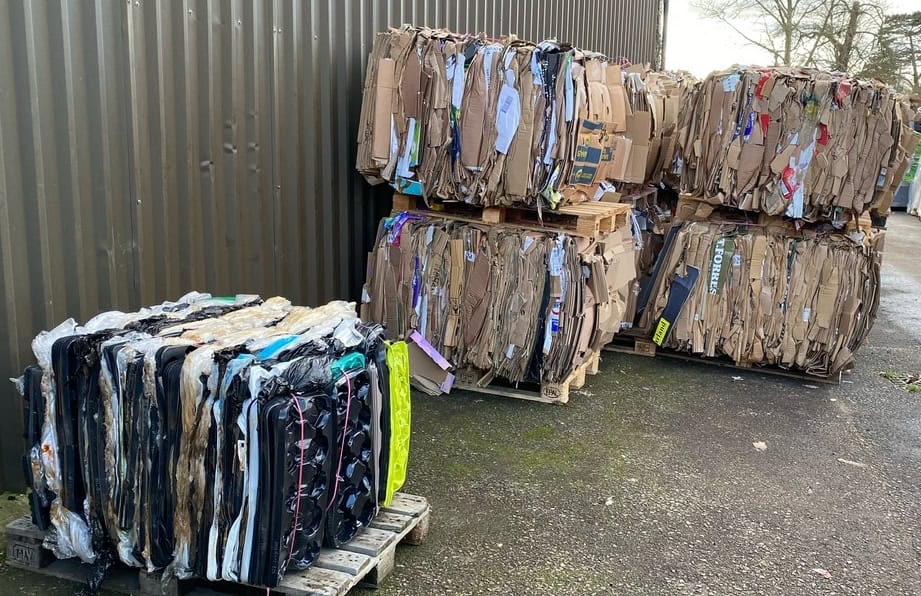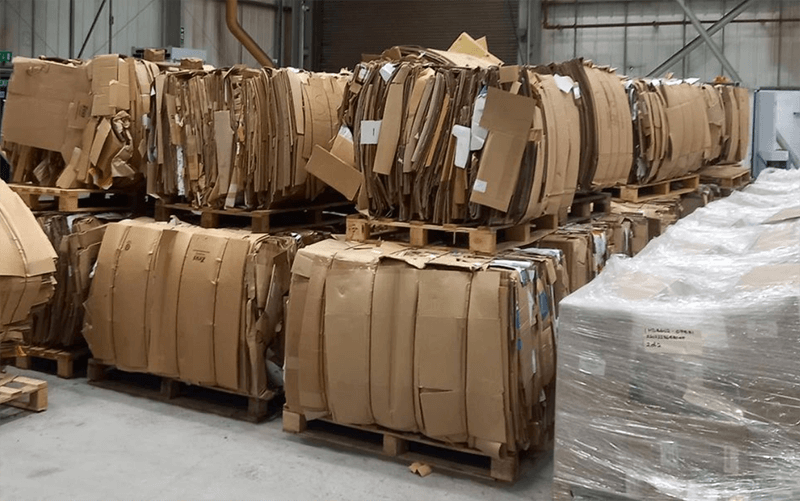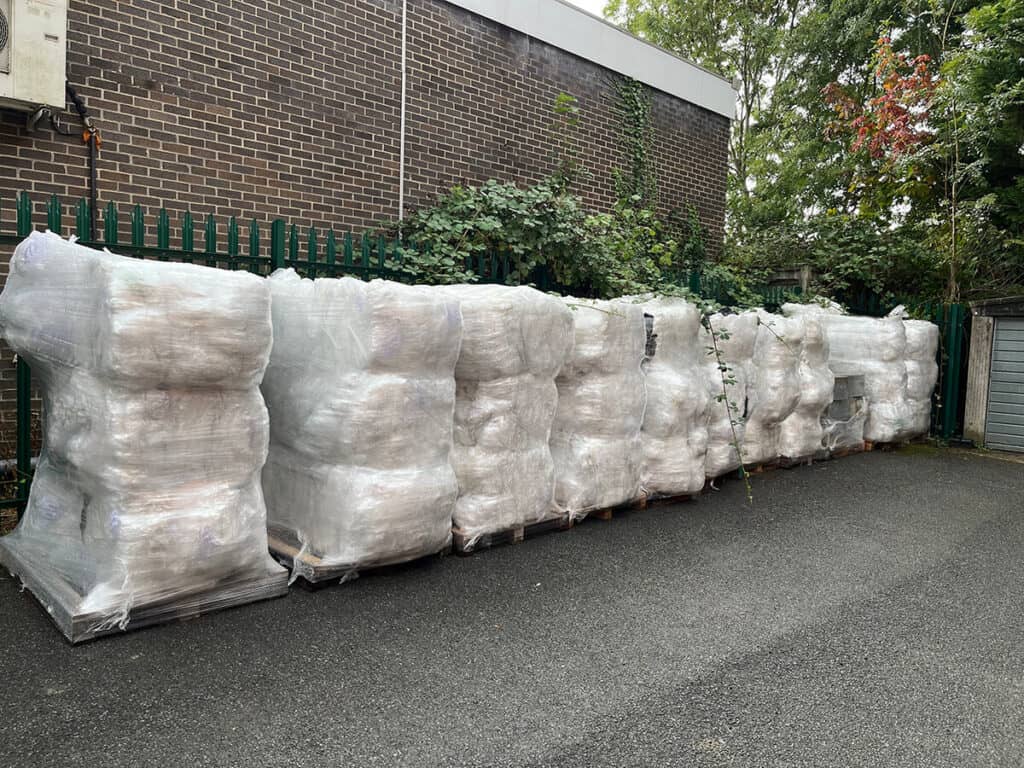It is estimated that around 8 million metric tons of plastic end up in the ocean every year. The ocean covers around 70% of the earth’s surface, almost 140 million square miles and holds millions of species of life. Keeping natural water clean is vital to allow marine life to thrive and even capture carbon dioxide. A study showed thirteen years between 1994 to 2007, the ocean held around 30% of human-caused carbon dioxide. The ocean is vast yet vulnerable to human-caused problems, however, impactful work is being done to protect the ocean so here are four inspirational organisations cleaning our oceans.
Oceana
Oceana is an organisation that has protected over four million square miles of ocean. Campaigning against pollution, over-fishing and protecting biodiversity are some of the areas that Oceana focuses on.
The marine protecting foundation raises awareness of scientific research and influences changes in policies that help to protect the ocean. According to Oceana, almost thirty countries and the European Union control 90% of the world’s caught seafood population and the organisation campaigns in the countries to help reduce damage to sea life and the environment. The Oceana foundation sets up expeditions to research and figures out the damage done on the aquatic marine and the ocean.
Greenpeace
The organisation was founded in 1971 and has been fighting to protect the environment ever since. Greenpeace is well-known for its campaigning to help save nature and living things.
One of Greenpeace’s ocean campaigners, Louisa Casson said:
“The climate crisis is an ocean crisis. The ocean is fundamental to keeping our planet healthy, but for too long we have treated marine protection as a separate issue to the climate crisis. We must protect our ocean, the biggest carbon sink on earth, and stop burning fossil fuels… we need urgent, concerted action on a global scale to properly protect at least 30% of our ocean and safeguard its vast stores of blue carbon.
Surfrider Foundation
The Surfrider Foundation was set up in the 90s to protect beaches, coasts and oceans. The ‘largest network of coastal defenders in the world’ has been cleaning up beaches and preserving the coastlines and ocean. From facilitating picking up litter on the beach to gathering water data to inform members of the public. Surfrider has been supporting numerous campaigns to further support beaches and the ocean thrive, highlighting the importance of training and teaching the public.
The 5 Gyres Institute
Over the last decade, 5 Gyres Institute has gathered over 300 people to conduct primary research at different bodies of water. The science-driven organisation gathered experts to publish the first Global Estimate of Plastic Pollution in the world’s oceans.
Among their achievements, campaigning by 5 Gyres Institute has contributed towards 16 large corporations deciding to remove microbeads, tiny pieces of plastic, from products. In 2018, microbeads were banned from being used in cosmetic and cleaning products in the UK because not only is it made with the same plastics as plastic bottles but due to their harmful effect on the diet of marine life which finds its way into our diets. Microbeads end up in the ocean through our water systems. It is thought that between fifteen and fifty trillion microplastic particles are currently in the ocean.
Final Words…
The rate of plastic in the ocean continues to grow but with attention on the plastic problem, biodiversity and our oceans will be protected. With the right research, resources and funding, the ocean will keep on thriving. The organisations, technology and people who are helping to clean our oceans are inspirational and fighting to protect the environment, aquatic life and public health.








